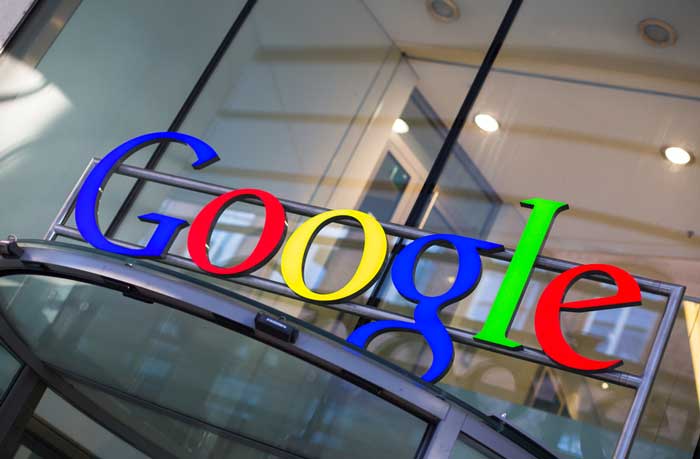Google Expected To Announce New OS Codenamed “Brillo”
Google is developing an android-based operating system (Codenamed “Brillo”) that could run on low-power devices, with as few as 64 or 32 Mb RAM, for connecting all devices via the Internet, whether or not it has a digital screen, to push its campaign for the Internet of Things (IoT).
Google Inc. (NASDAQ:GOOG) seems to be focusing more on low-power devices such as security cameras and smart light bulbs that come with 32MB or 64MB RAM. With smart-household technology multiplying, this move will prove to be beneficial for Google as it owns NestLabs, a company whom manufactures security cameras, smoke alarms and smart thermostats.
If Brillo is run through devices that work on IoT, Google would get a tremendous amount of information related to user’s daily routines such as when they use an appliance, even down to sleeping habits.
The new OS is expected to be released under Android. The group working on the initial development of the OS is linked to the Android unit that develops the world’s number one mobile OS.
The launch of Brillo is expected at the upcoming conference for Google I/O developers, to be held on 28th May in San Francisco. Android’s upcoming edition is also likely to be launched at the same event. Google mentioned that the new Android edition would be codenamed M, which will have tighter security and better device integration.
If Brillo is launched with Android then it will be a remarkable deviation from the latest Android build that demanded at least 512MB of RAM to correctly function. The move will facilitate Google to take a share of the smart home market by embedding its OS in everything from smart fridges and light bulbs to locking mechanisms, thermostats and micro-sized wearable’s.
These real-time operating systems (RTOS) are very fragmented, with the majority of them dictated by the chip. Most chipmakers provide an RTOS that works with the chip. The technology could make it easier for other companies to build everything from “smart” fridges and light bulbs to garden monitors.
Google has been developing technology to further its dominance in smartphone software with a focus on smaller, low-power devices that connect to the Web, particularly in homes.






